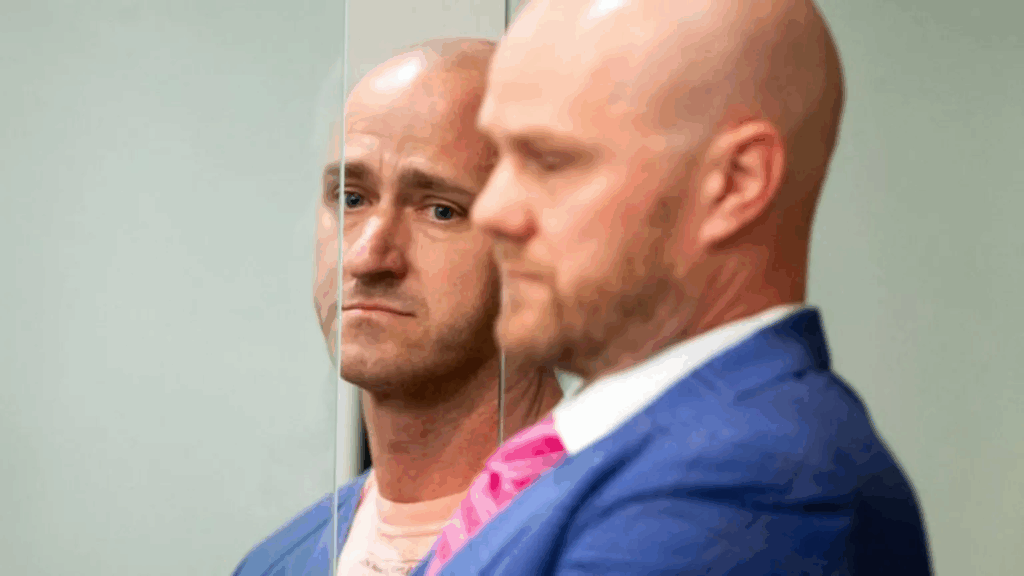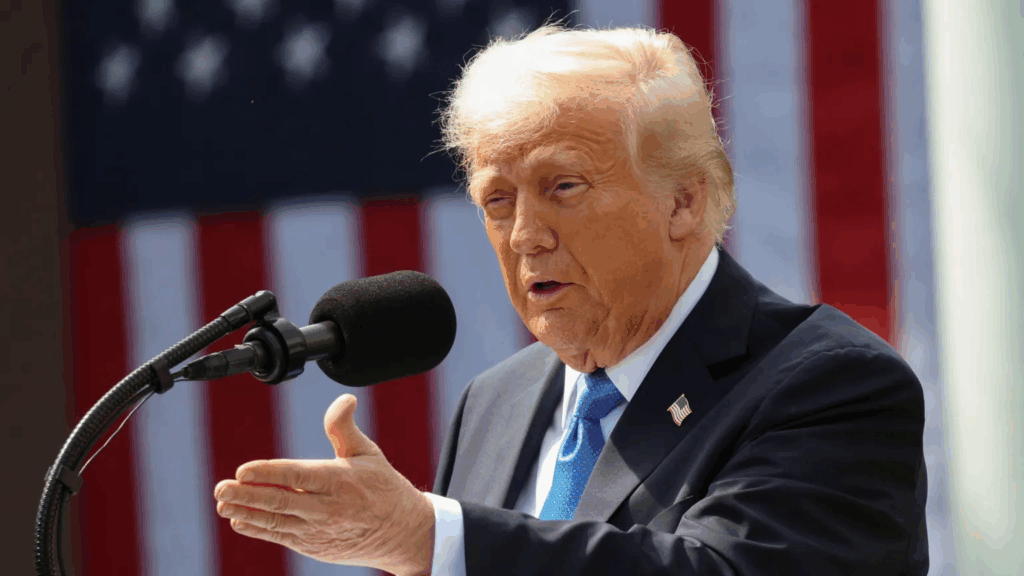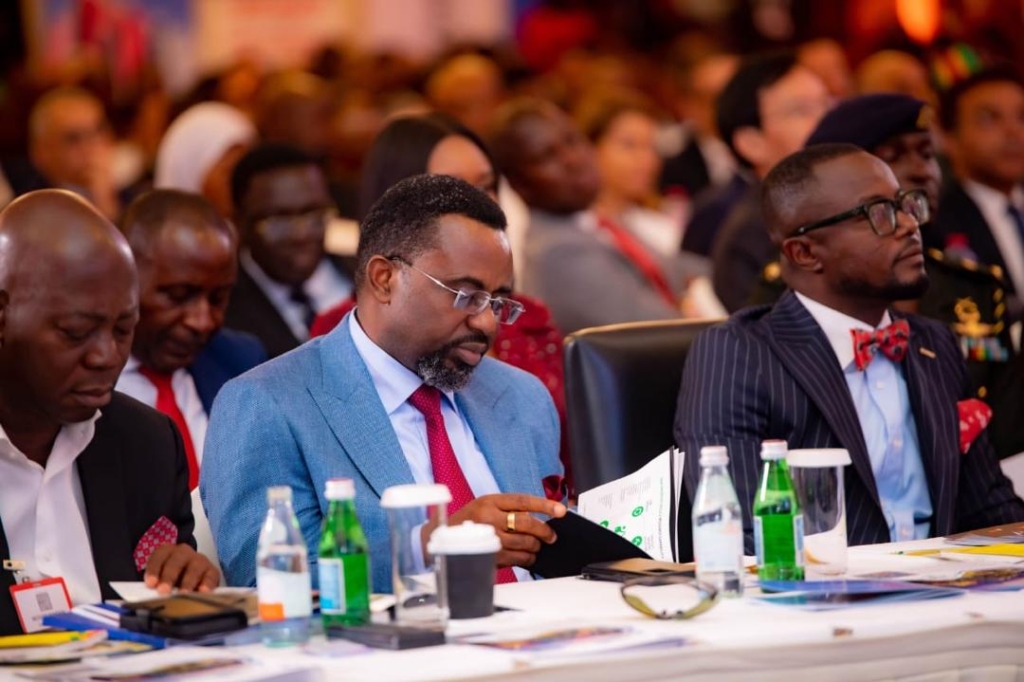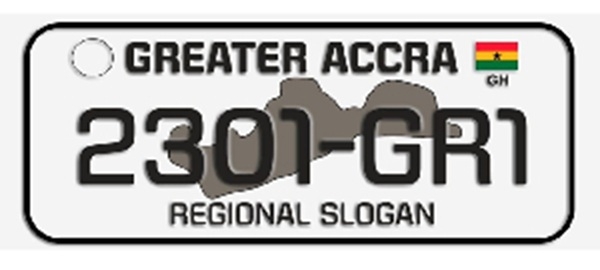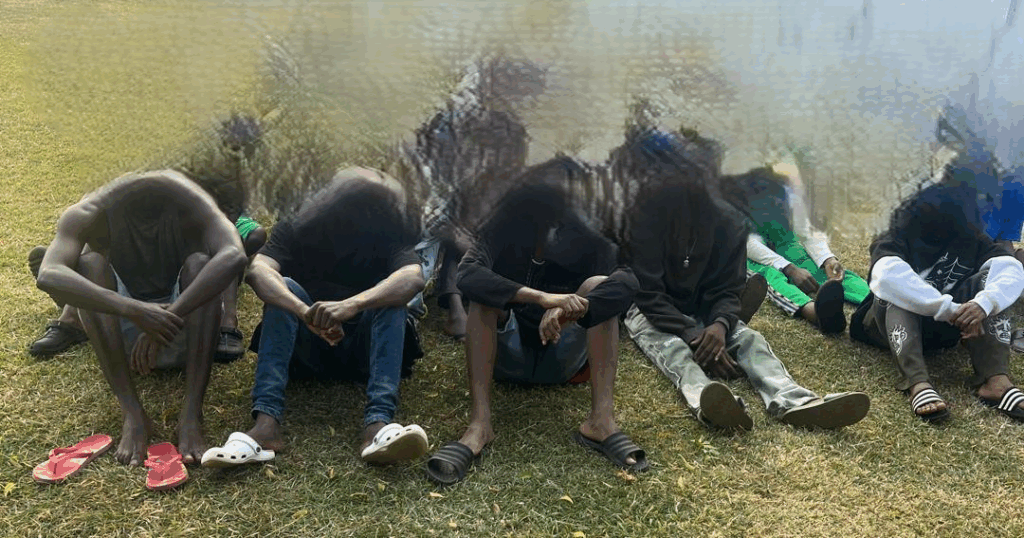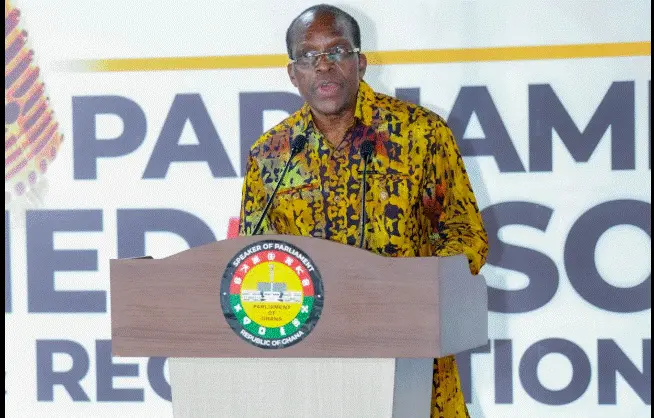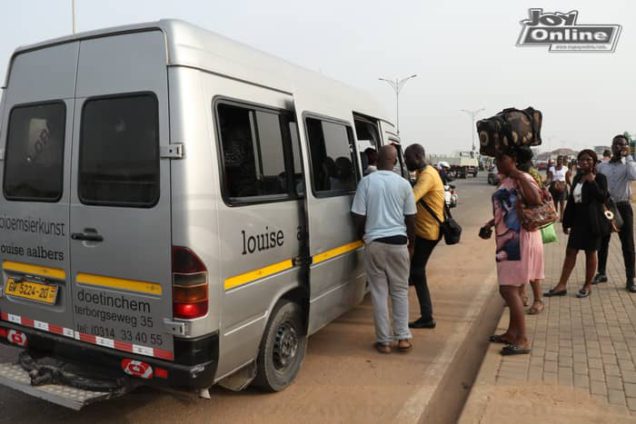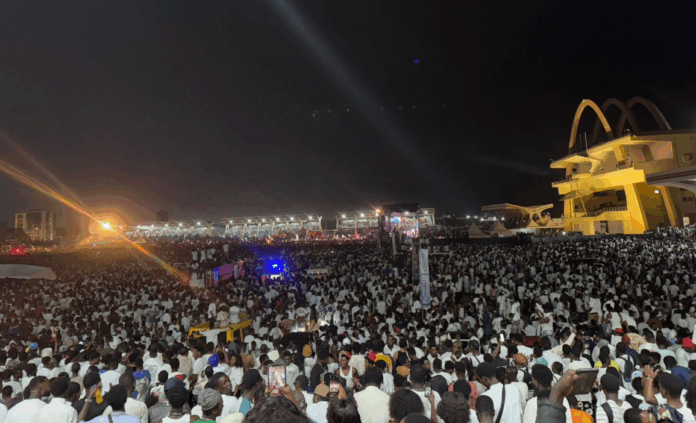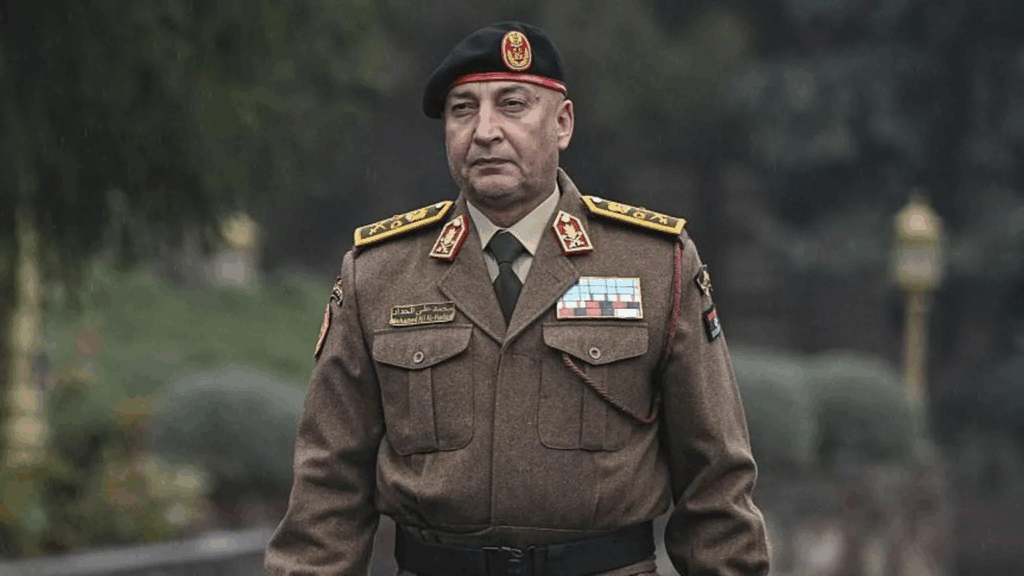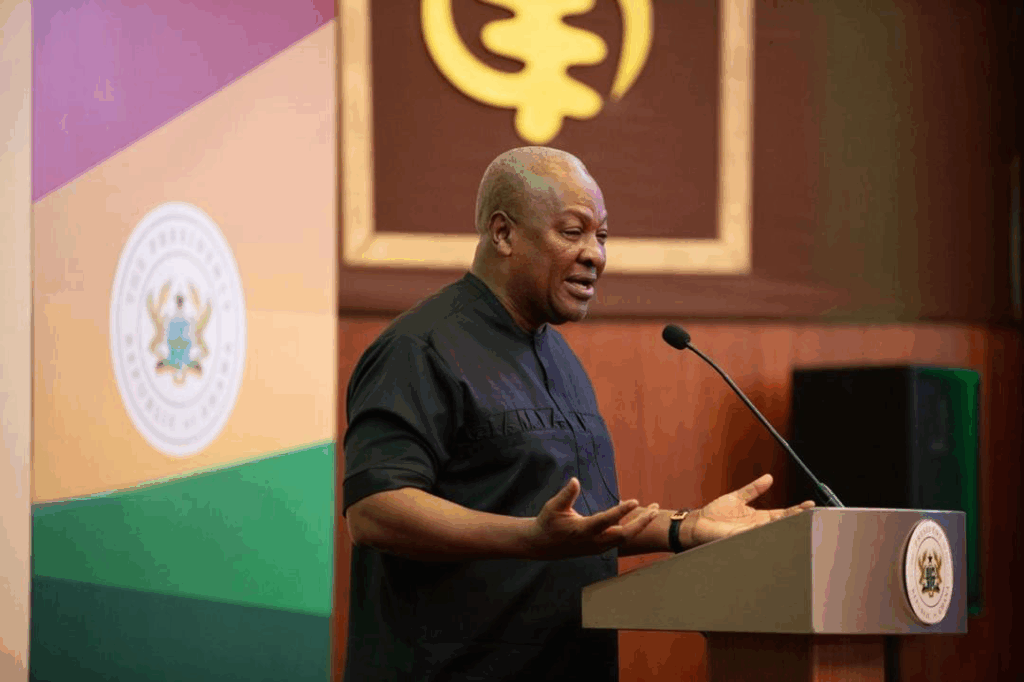The Chairperson of Parliament’s Public Accounts Committee (PAC), Mrs Abena Osei-Asare, has voiced strong opposition to the government’s budgetary decisions for 2025, specifically criticising significant cuts to key anti-corruption institutions.
Speaking in an interview on Joy FM’s Super Morning Show (SMS) on Monday, June 9, 2025, Mrs Osei-Asare questioned the government’s commitment to fighting graft when vital oversight bodies face reduced funding.
“How do we say we want to fight corruption when we keep reducing the allocation that or the resources that they need to carry out the activities?” the Atiwa East MP queried, expressing deep concern over the implications for national accountability.
Mrs Osei-Asare, one of the longest-serving female MPs, highlighted several instances of budget reductions for institutions crucial to preventing and combating financial malpractices:
The Office of the Special Prosecutor (OSP), tasked with investigating and prosecuting high-profile corruption cases, saw its budget allocation cut from GH¢150 million in 2024 to GH¢146 million for 2025.
This represents a 2.67% decrease in operational funds at a time when the OSP is engaged in several complex investigations, including high-profile cases involving former government officials.
Even more drastically affected is the Public Interest and Accountability Committee (PIAC), mandated to oversee the management and utilisation of Ghana’s oil and gas revenues.
PIAC’s budget for 2025 has been slashed from GH¢11.2 million to a mere GH¢4.6 million, a staggering 58.9% reduction.
This severe cut raises questions about the transparency and oversight of Ghana’s crucial oil revenues, which are projected to contribute significant amounts to the national budget in 2025.
While not providing specific figures during the interview, Mrs Osei-Asare also lamented a “huge reduction” in allocation for the Commission on Human Rights and Administrative Justice (CHRAJ) from 2024 to 2025, another critical institution with an anti-corruption mandate.
Mrs Osei-Asare argued that these budgetary decisions create a contradiction, stating that “governments should be seen to be fighting this through the physical space, giving them the necessary budgetary allocations to enable them to carry out their mandate.”
She emphasised that robust funding is essential for these agencies to proactively “prevent these infractions from happening, rather than they happening and you reporting.”
Beyond funding, the PAC Chair also advocated for strengthening the independence and resources of the Internal Audit Agency (IAA), which serves as the first line of defense against financial mismanagement within ministries, departments, and agencies (MDAs).
She proposed that empowering the IAA could significantly reduce the incidence of corruption before it escalates to the point where PAC and the Audit Service intervene.
Despite these concerns, Mrs Osei-Asare affirmed the undeniable impact of the PAC and Audit Service, citing a recent Auditor-General’s report that confirmed the recovery of GH¢12.9 billion in public funds based on their work.
However, she believes that greater financial and operational autonomy for anti-corruption bodies is paramount to achieving a truly impenetrable system of accountability.
The PAC, under her leadership, aims to foster greater collaboration among all stakeholders, including civil society organisations, to ensure robust public financial management.
DISCLAIMER: The Views, Comments, Opinions, Contributions and Statements made by Readers and Contributors on this platform do not necessarily represent the views or policy of Multimedia Group Limited.
DISCLAIMER: The Views, Comments, Opinions, Contributions and Statements made by Readers and Contributors on this platform do not necessarily represent the views or policy of Multimedia Group Limited.


